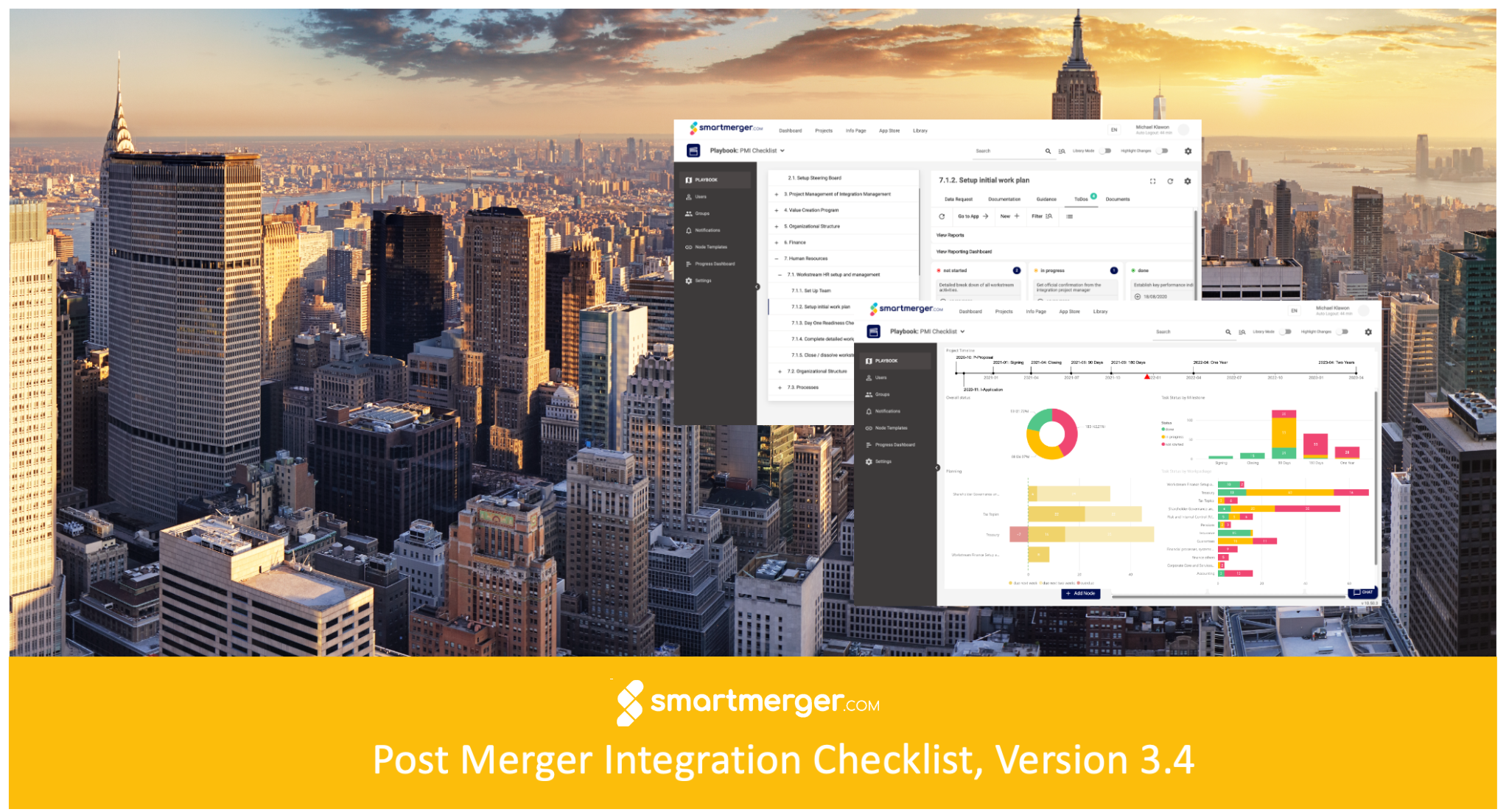Digitization: Working with unstructured data
A common definition of digitization goes like this: Digitization describes the analog-to-digital conversion of existing data and documents. In M&A though, it is common to conduct digital-to-analog conversions as well. Let’s pause for a second and think about how crazy this sounds. Why on earth would you transform something from digital to analog in 2022? Because of data security concerns? And confidentiality? Let look at the following example to elaborate further.
Franz Fadenhauer is a Senior Manager at a renowned M&A and strategy consulting firm. His client is planning to carve out and sell one of its business units. Franz is asked to support his client during the due diligence process. During the due diligence process, the seller shares all relevant data and information with the client to inform the assessment and decision-making process. The following is important: Up to this point in time, all files are available in structured data, e.g., spreadsheets with employee salaries. Before sharing the required information with the seller, let’s continue with the exemplary spreadsheet with employee salary data. Now, Franz takes the spreadsheets and saves all documents in pdf format. Reason: Data security and confidentiality. The seller shall not be able to manipulate the data, which could result in a change of the valuation. Consequence: The information about the employee salaries cannot be processed by the buyer without manual work. It is not possible to analyze and process numbers (on a large scale) in a pdf document. The buyer side needs to go to the pdf document (unstructured data) and manually process (typing) all information from pdf to spreadsheet. Isn’t it crazy that most M&A teams still rely on such processes in 2022, although smart technology is at their fingertip?









